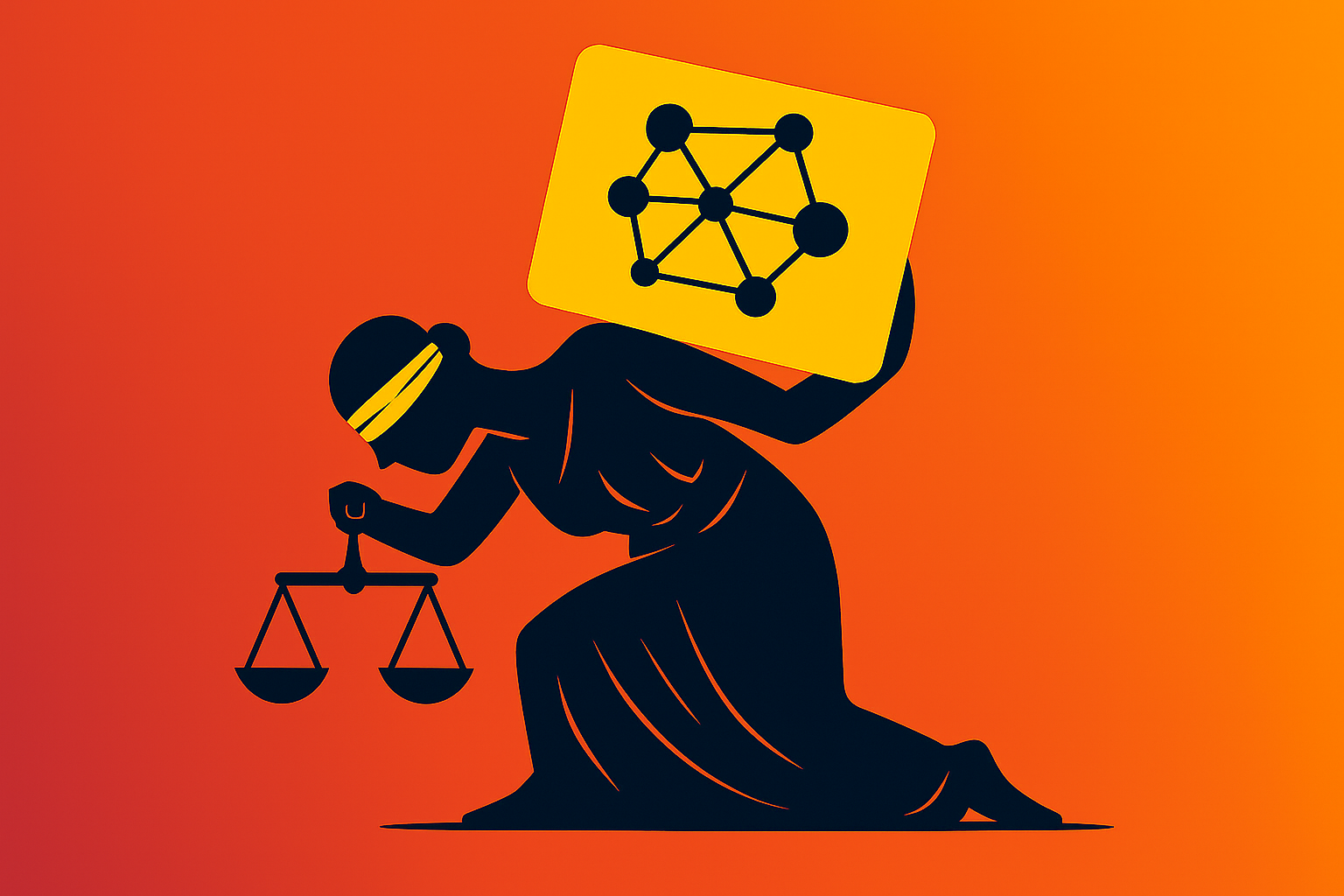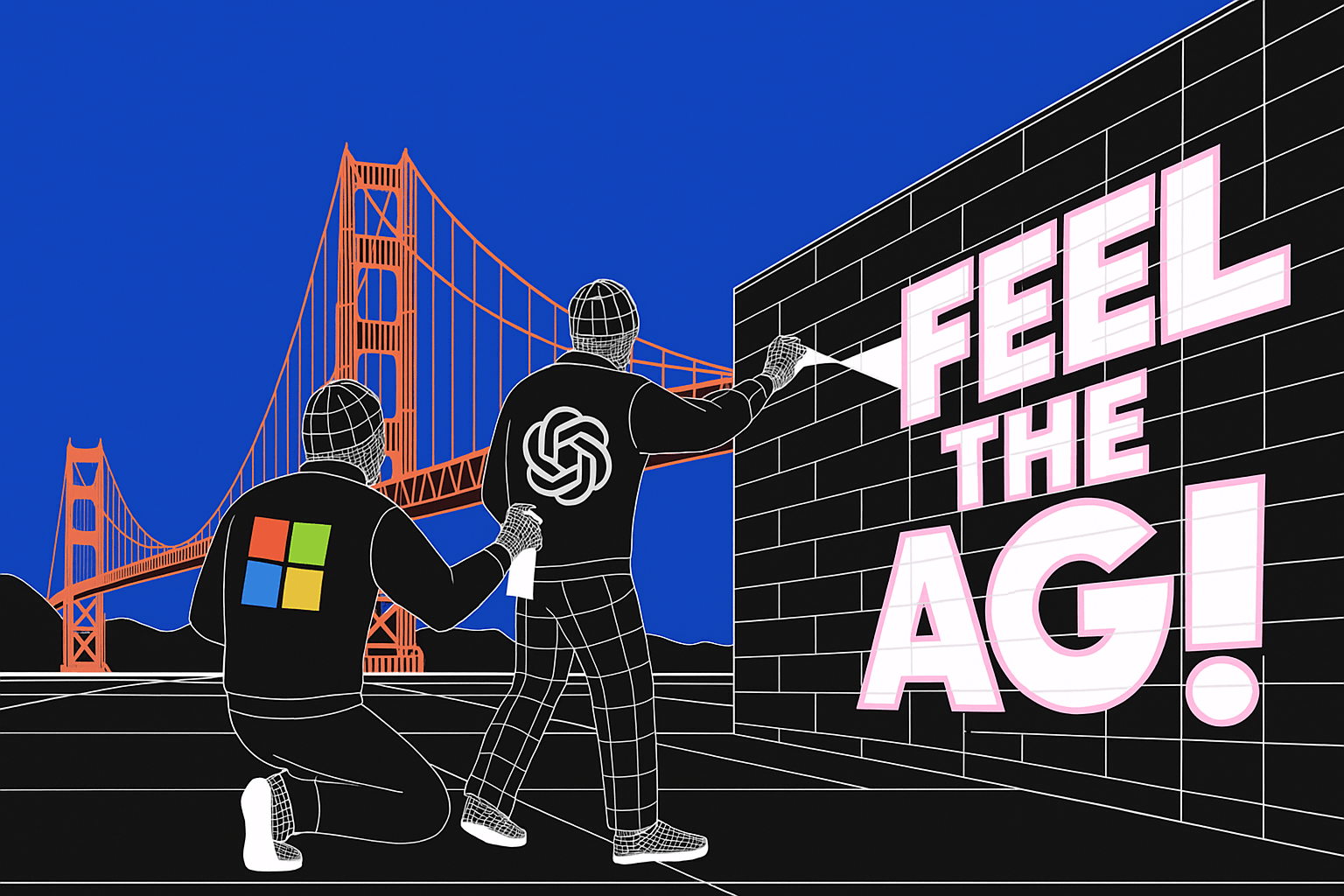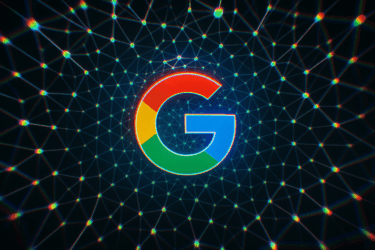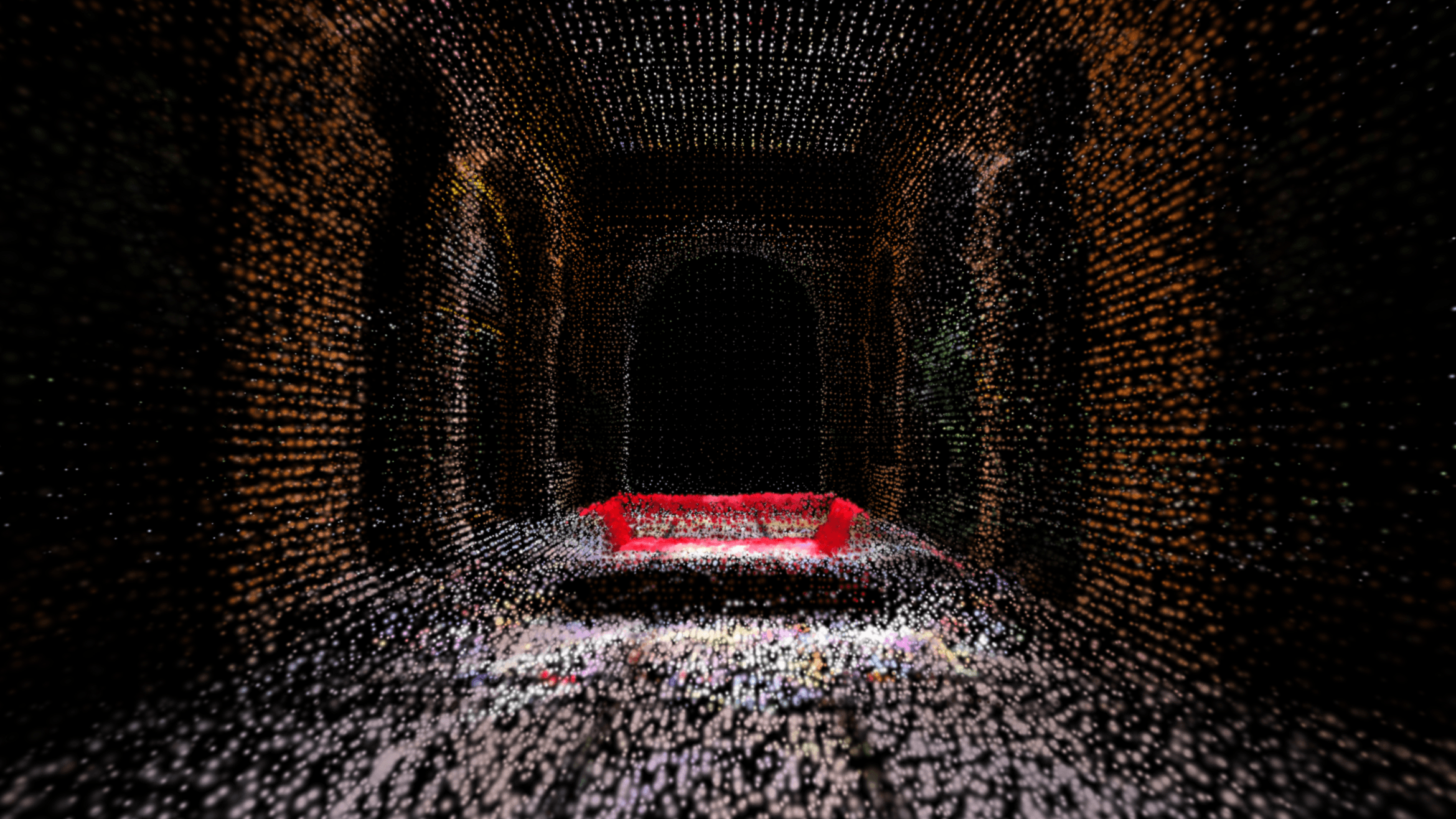Google plans to invest about 5.5 billion euros (around $6 billion) in Germany by 2029, with most of the funding going to new data centers and expanded office space. The company will build a new data center near Frankfurt and expand another facility in the same area. Munich, Frankfurt, and Berlin are also slated for new or larger office spaces.
Google says these projects will support around 9,000 jobs per year and contribute over 1 billion euros annually to Germany’s economic output. German Finance Minister Lars Klingbeil described the move as "investments for future jobs in Germany" and emphasized the need to boost private investment alongside public funds. "This is exactly what we need right now," Klingbeil said. According to Google, these investments are part of its long-term strategy for Europe.









